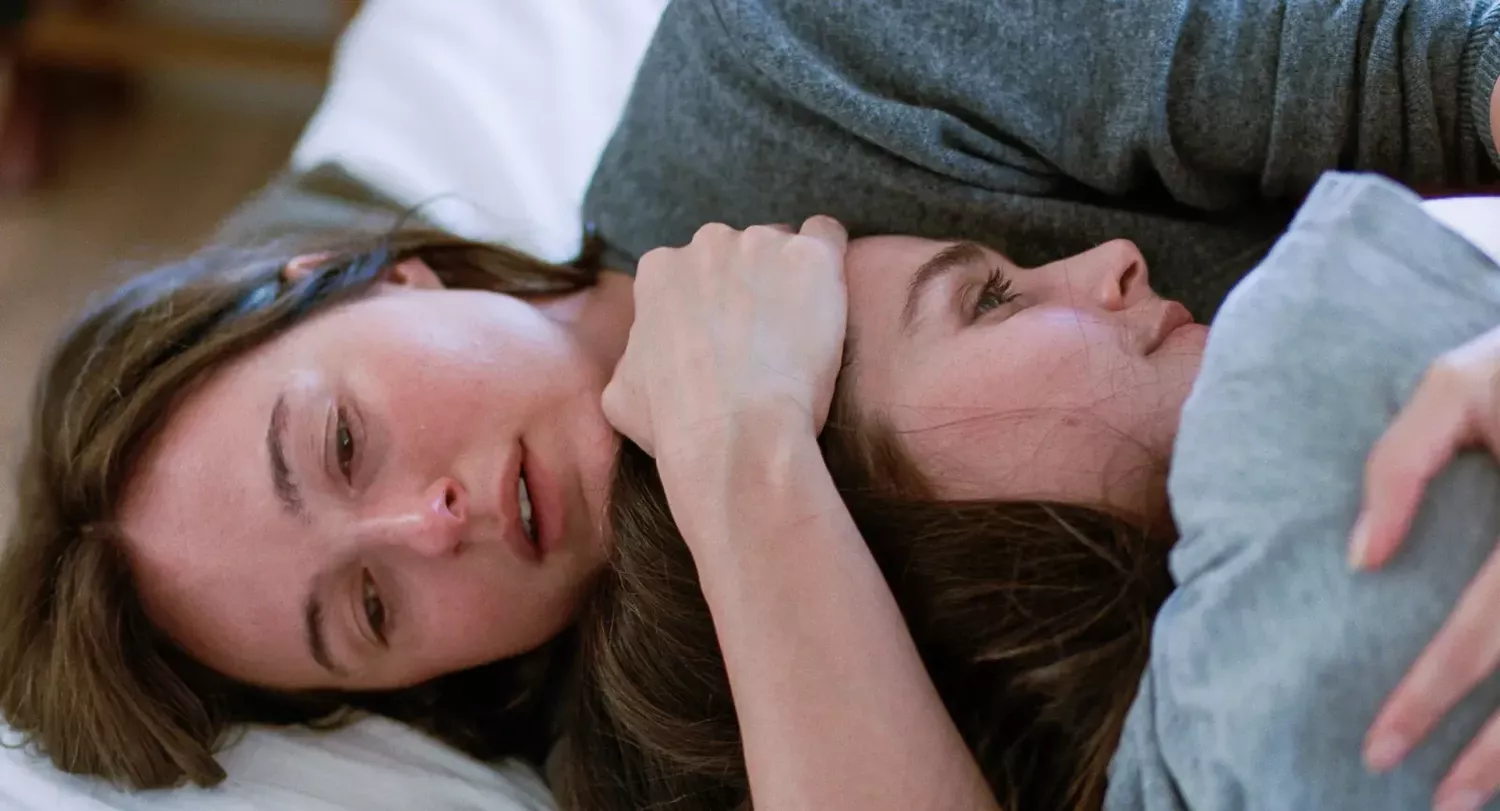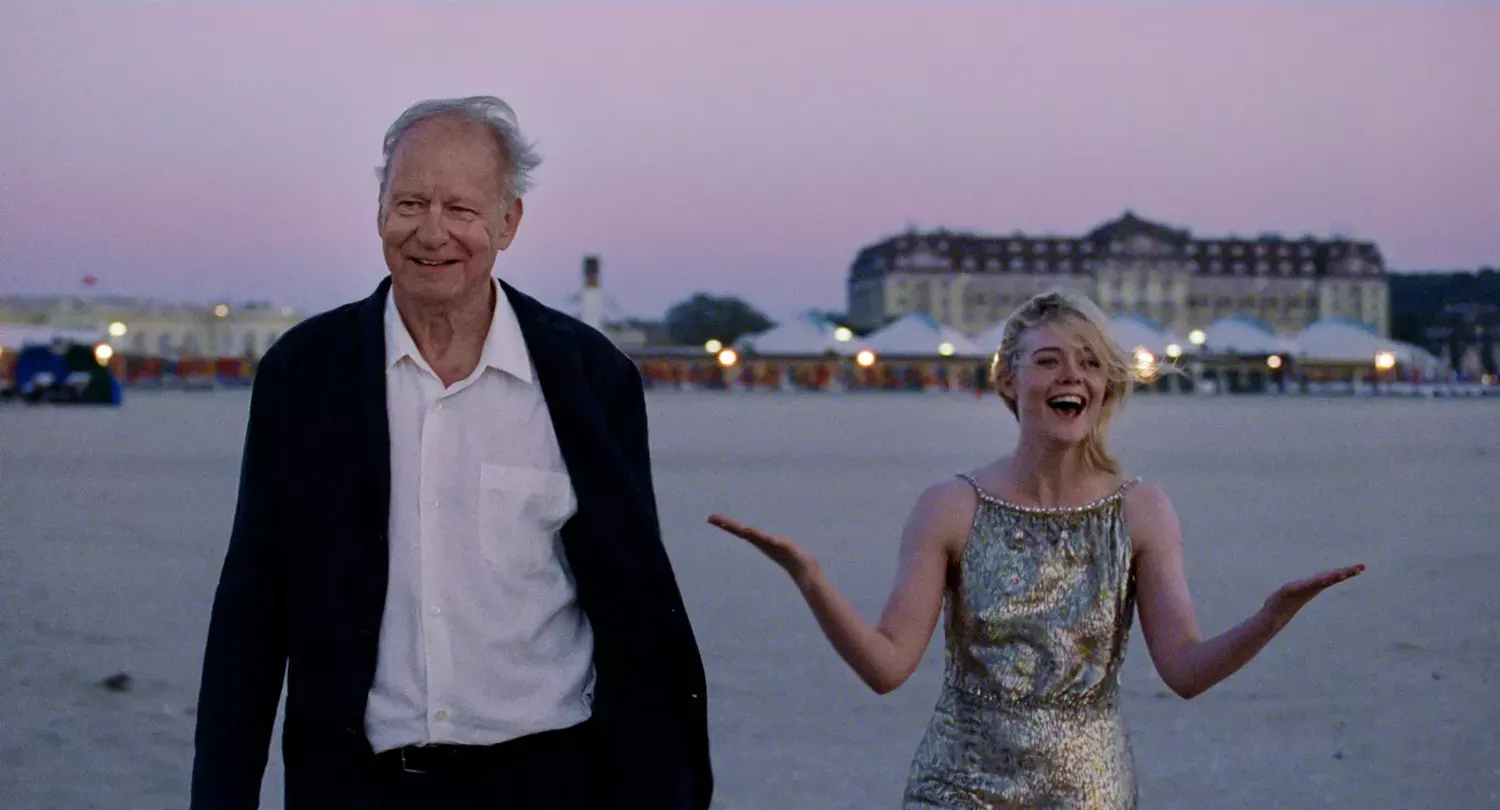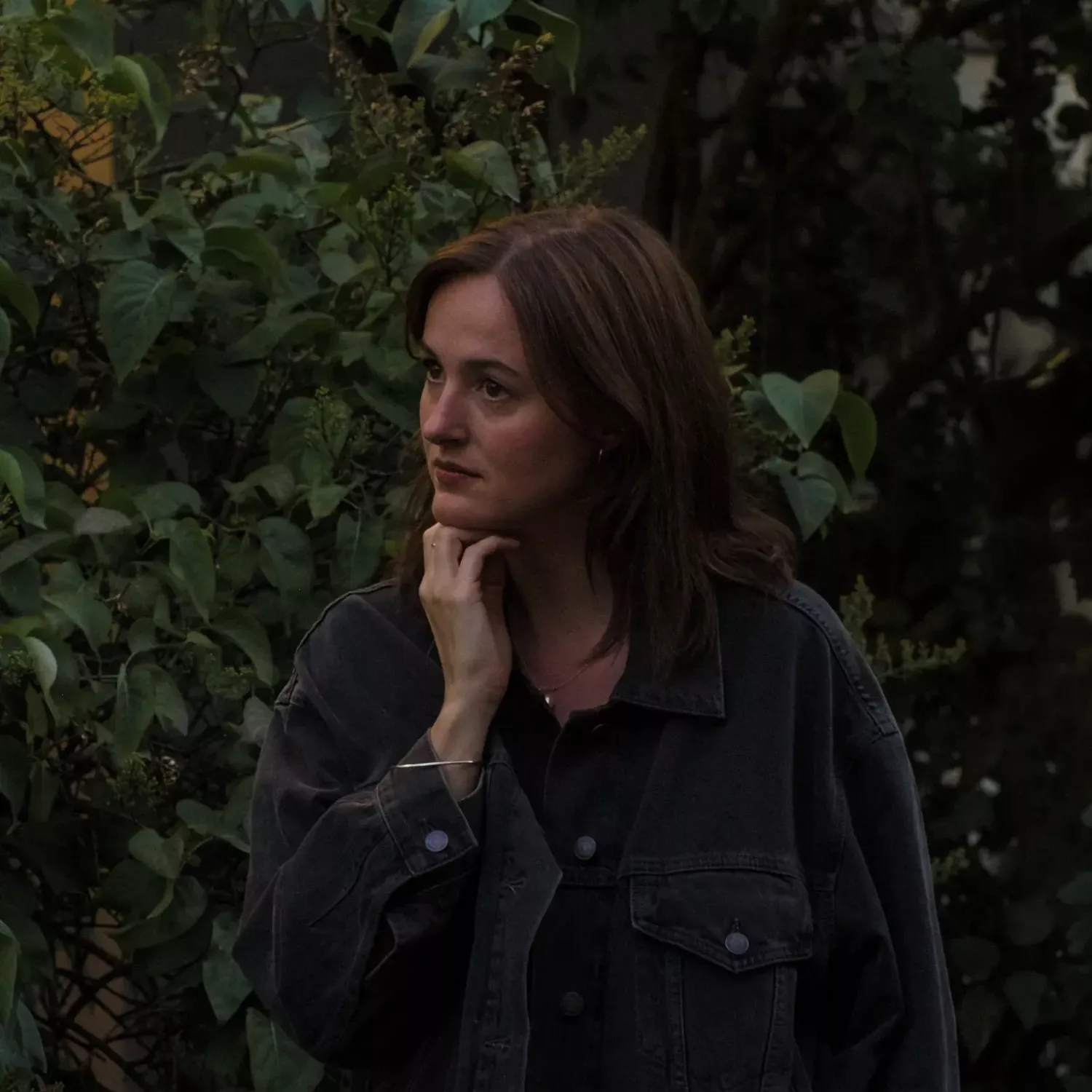With its emotional precision, internalised performance by our former cover star Renate Reisve and haunting familial dynamics, Sentimental Value is Scandinavian cinema at its finest: restrained, intelligent and moving enough to earn one of Cannes’ longest standing ovations this year
Joachim Trier’s The Worst Person in the World, the Norwegian auteur’s portrait of millennial ennui starring the captivating Renate Reinsve, remains one of the best films of our present decade – a touchingly tender, incredibly funny and deeply moving coming-of-age saga which rightly earned its leading lady Cannes’ Best Actress prize in 2021. That year, Spike Lee’s jury chose to award the Palme d’Or to Julia Ducournau’s Titane instead – fair enough – but if Trier doesn’t win this time around, for Sentimental Value, his hotly-anticipated reunion with Reinsve and fellow frequent collaborator Anders Danielsen Lie, then I will really, truly, be outraged.
In some ways, Sentimental Value is a spiritual sequel to Worst Person – while the latter observed dating, daddy issues and a woman’s preparedness (or lack thereof) to be a parent in her turbulent late 20s and early 30s, this new release picks up very slightly later, in a more settled portion of one’s third decade, in which, say, your career may have taken off but you’re still no closer to building the kind of family so many of your peers now seem to have. It’s poignant, poetic, frequently surprising and quietly devastating. And much like its predecessor, it left me paralysed in my seat as the credit rolled, crying tears of joy and reconsidering my whole life.
It’s the story of two sisters, Nora and Agnes (Reinsve opposite the enchanting Inga Ibsdotter Lilleaas), their estranged father, Gustav (a wonderfully prickly Stellan Skarsgård), their dearly departed mother and the entire clan which predates them, but it’s also the historical account of a house: the sprawling, creaky, red-fronted, Oslo relic, with giant cracks in its foundations and secret passageways within it, which they have occupied for generations.

Renate Reinsve and Inga Ibsdotter Lilleaas in Sentimental Value. Photo: Kasper Tuxen / MUBI
It’s a living, breathing thing which, early in the film, bears witness to their latest tragedy: the loss of a matriarch, which hollows out this home, and creates space for the swaggering Gustav to re-enter it. Nora and Agnes couldn’t be more different – the former, our lead, is a celebrated actor, effervescent, flighty, reckless, chronically single and prone to bouts of acute stage fright; the latter a soft-spoken historian with a husband and young son – but they both have difficult relationships with their father. A prolific filmmaker who left them when they were kids, he only really reappeared if he wanted something – and that’s still the case now. He has written a script for a new project, he tells Nora, his first in over a decade, and more personal than anything he’s ever attempted before – and he’d like her to play the lead, a part that is based on her own life.
She’s outraged, and stresses that they could never work together, and so he reluctantly shelves the movie – until, a fateful trip to the Venice Film Festival leads to him crossing paths with Rachel (a luminous Elle Fanning), a movie star on the hunt for a new challenge. Before Nora knows it, Rachel has dyed her hair dark brown, adopted a Norwegian accent and begun rehearsals in their childhood home.
What follows is a film about the process of making a movie, and also of choosing not to make one. Nora continues acting on stage, having an affair with her married colleague (Anders Danielsen Lie, in a brief but effective part, with the pair’s chemistry still unmatched) and ponders her father’s motivations. All the while, the 70-year-old Gustav assembles his team, reckons with the notion of his own mortality and sets about nailing his film’s ending, a sequence in which his protagonist hangs herself, in the very same room where Gustav’s real-life mother committed the same act when he was a child.
Is this film about Nora? Is it actually about Gustav’s mother? Is it, in fact, about Gustav himself? And what exactly is he trying to do in making it? What is he trying to fix? What wound is he trying to close? Rachel tells him that she doesn’t understand her character’s thought process – why would she do this when she, in this story, has a young son? Gustav doesn’t seem to know either – but he knows it can happen, because it happened to him.

Photo: Kasper Tuxen / MUBI
Via historical flashbacks which unfold in the same house, and documents later unearthed by Agnes, we learn more about Gustav’s mother: a renegade who defied the Nazis and was imprisoned and brutally tortured as a result. We begin to understand how she could’ve been driven to such lengths, but Sentimental Value doesn’t offer straightforward answers, either. It is simply content to let us wade into these deep waters and take it all in.
Its nimble twists and turns are enthralling and the script, co-written by Trier and Eskil Vogt, profoundly affecting and often hilarious (including a meta joke about Gustav’s lyrical script being slightly overwritten), but it’s the performances that make this film a masterpiece. Lilleaas is a clear standout, measured and subtle, as the sister more willing to give Gustav a chance, but one who still feels the ache of his abandonment. It’s a thrill, too, to see Skarsgård taking a break from his Dune mud bath for one of the meatiest parts he’s had in years, and infuse it with all of his natural charisma and gravitas, laced with Gustav’s abiding sorrow, self-loathing and a kind of world-weary bitterness. He’s a tough and uncompromising figure, there’s no doubt about it, but, over time, Skarsgård unspools the legend and extracts the fragile man within.
Then there’s Fanning, always a magnetic presence, who makes Rachel so much more than the stereotype of a naive Hollywood starlet – her overly enthusiastic, constantly phone-tapping team members are walking parodies (and very funny, earning some knowing chuckles at Cannes), but she’s free-spirited, smart, curious and empathetic, someone who reaches out to Nora herself and refuses to be her rival. She also has one highly emotional scene which totally floored me. Come next awards season, a Supporting Actress campaign could very well be on the cards.
But, to be clear, this is Reinsve’s film. Already glorious in Worst Person, she kicks things up another gear, here, delivering an even more mature and heart-wrenching turn – from her pre-performance anxiety to her eye-rolling scepticism of her father, her heartbreak, uncertainty, dissatisfaction, need for affirmation, and the depression she slowly dips into, every single beat is so perfectly calibrated that it feels utterly natural. Over the past few years, the now-much-more-international Academy has developed a habit of nominating at least one lauded international performer in the Best Actress category, from I’m Still Here’s Fernanda Torres to Anatomy of a Fall’s Sandra Hüller, Roma’s Yalitza Aparicio and Elle’s Isabelle Huppert. This year, that slot should surely go to Reinsve.
Considering Worst Person got Best Original Screenplay and Best International Feature Oscar nods, too, Sentimental Value should also expect to do well elsewhere, and is, unquestionably, this year’s first serious Best Picture contender.
And it couldn’t be more deserving. There are so many pleasures to be found in it – the swooningly beautiful way in which it’s shot, its painstaking design, its laidback, low-key, eternally aspirational Scandi aesthetic and costuming. But, in the end, none of that mattered to me, because, emotionally, the film hit me like a truck. Like life, it is both sad and side-splittingly funny, strange and imperfect (a dream-like interlude which combines Nora, Agnes and Gustav’s faces, for instance, doesn’t really work, but you admire the swing anyway). In its precise understanding of modern life and its persistent questioning of it, it’s everything contemporary cinema ought to be. So, I say to the Cannes jury: just give it the Palme already, and be done with it.
Related: Cannes Film Festival 2025: The best red carpet looks so far
Originally published by British Vogue
